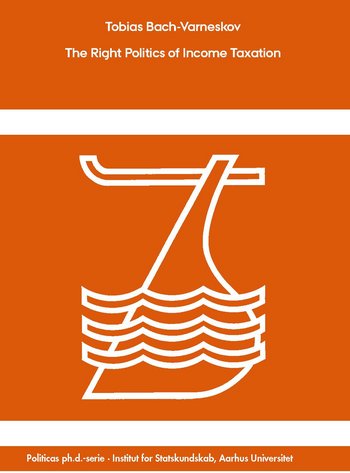Tobias Bach-Varneskov
The Right Politics of Income Taxation

Political scientists at large have not exactly embraced the tax question. Especially when it comes to explaining the content of modern-day tax conflicts and policies. The dissertation attempts to bridge this gap by looking at the personal income tax, a cornerstone across all tax systems in advanced democracies. It argues that to understand the broader politics of tax reform, it is crucial to know why and under what institutional conditions actors (specifically the political Right) choose to reform specific tax instruments to achieve their goals (cutting income taxes). Here, a critical distinction between tax rates and tax thresholds is made, as the two are not functional equivalents from a political (or economic) standpoint, with the marginal tax rate being the more visible and often politically contested feature of the tax schedule. Using these concepts, the dissertation breaks new ground by developing disaggregated measures of income tax reform constructed from OECD policy data. They shed new light on the diverse cross-country and over-time variation of major tax policy instruments in OECD countries. The findings show, first, that Right governments focus on cutting taxes at the top end of the income distribution, especially when the existing level of tax progressivity is higher. Second, when the number of income tax brackets is low, reform proceeds via adjustments to the thresholds of the schedule (as the next-best policy option); while when the number of brackets is higher, there is more latitude to also pursue rate cuts.
![]() Ophavsretten tilhører Politica. Materialet må ikke bruges eller distribueres i kommercielt øjemed.
Ophavsretten tilhører Politica. Materialet må ikke bruges eller distribueres i kommercielt øjemed.